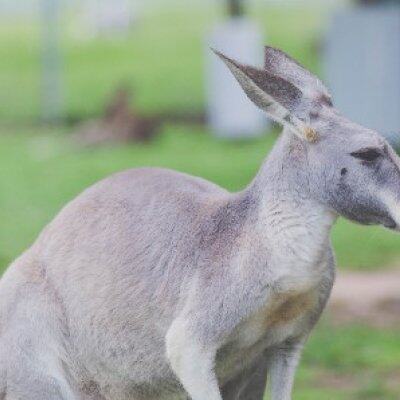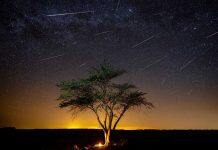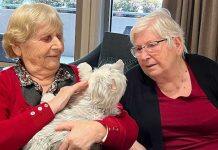

Findings from this University of Queensland-led project could translate to a better understanding of food digestion in people and livestock.
UQ scientists Professor Mark Morrison, Dr Rochelle Soo and Dr Paul Evans will begin studying methane-producing microorganisms called ‘archaea’ from herbivores including kangaroos, wombats, and koalas, and compare their behaviour with similar microbes from livestock and humans.
“Archaea live in the digestive tracts of many animals, but we don’t yet know the reasons why some of these animals appear to release less methane during food digestion than others,” Professor Morrison said.
“A better understanding of this relationship could potentially help scientists find ways to reduce methane emissions in livestock, decrease greenhouse gas emissions from the agricultural sector and positively impact climate change.
“The methane-producing archaea found in some native Australian herbivores appear to be quite different to those found in other animal hosts, like cattle, sheep and humans.”
Professor Morrison and his team will use molecular and genomic sequencing methods to investigate what features make the archaea from the different host animals unique.








































